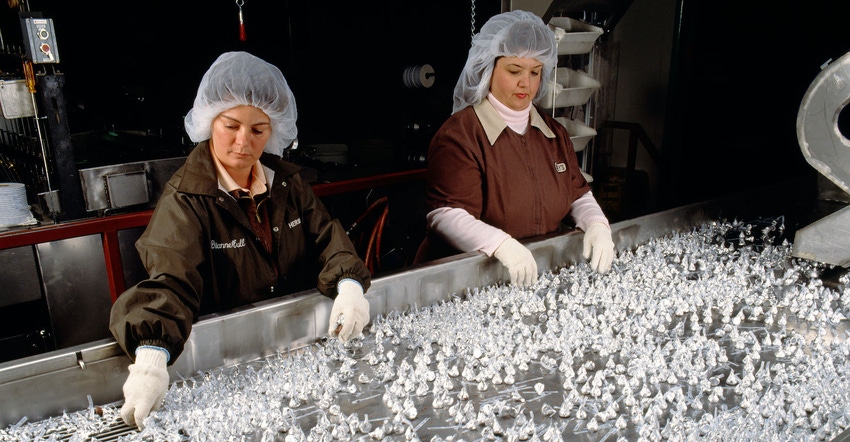CPG Executives Say “Great Resignation” Will Continue in 2022
US consumer packaged goods firms surveyed by Deloitte opined that labor shortages and resignations are likely to persist this year and beyond.

Waves of resignations hit nearly every industry in America last year as the “Great Resignation” took hold across the COVID-weary workforce. Consumer packaged goods manufacturers faced significant staffing challenges in 2021, with many companies raising wages, introducing new benefits for workers, and taking other steps to attract and retain workers.
There are some signs that these labor woes will remain a significant headwind for the CPG industry in 2022. 58% of US consumer products executives recently surveyed by professional services firm Deloitte predict that high levels of voluntary separations will continue “throughout 2022.” An additional 15% believe the issues will continue into 2023 or later. The majority of respondents – 65% - reported that the primary reason behind future separations will be “external factors” like “The Great Resignation” and reassessments of priorities.
An analysis of the US Bureau of Labor Statistics (BLS) jobs data for January by trade group Consumer Brands Association (CBA) notes that 8,967 positions were filled at US CPG firms last month, while the number of job openings in the industry rose to 132,000.
“While CPG companies are doing everything they can to recruit new employees and keep production lines running – including raising wages by 8.3% in manufacturing facilities – the deficit continues to challenge the industry’s ability to meet demand,” CBA president and CEO Geoff Freeman said in a release.
The organization suggests that further product shortages will occur if steps are not taken to mitigate the issue.
“Empty shelves are a warning of pervasive supply chain issues that must be heeded,” Freeman said. “There are limits to what companies can do alone – we need partnership between the public and private sector to address our workforce needs and develop a more resilient supply chain.”
Powder & Bulk Solids previously reported that food manufacturing firms are utilizing a range of tactics to encourage workers to join their organizations and keep existing staff in place, including increasing pay, adding benefits, hiring bonuses.
Chocolate maker Hershey Co. intensified its recruitment efforts during 2021 as well as its efforts to identify and respond to the needs of its existing workforce. Some of the company's initiatives focused on improving work life balance, providing stress management resources, and increasing flexibility in hours.
“It’s a tight labor market, and it takes a lot of ingenuity and creativity and effort to attract and retain employees to the best of our ability,” Conagra Brands president and chief executive officer Sean Connolly in a discussion with investors in October 2021. “So, we’re obviously always trying to cultivate the strongest possible relationships with our employees so that they feel good about coming to work every day.”
About the Author(s)
You May Also Like




